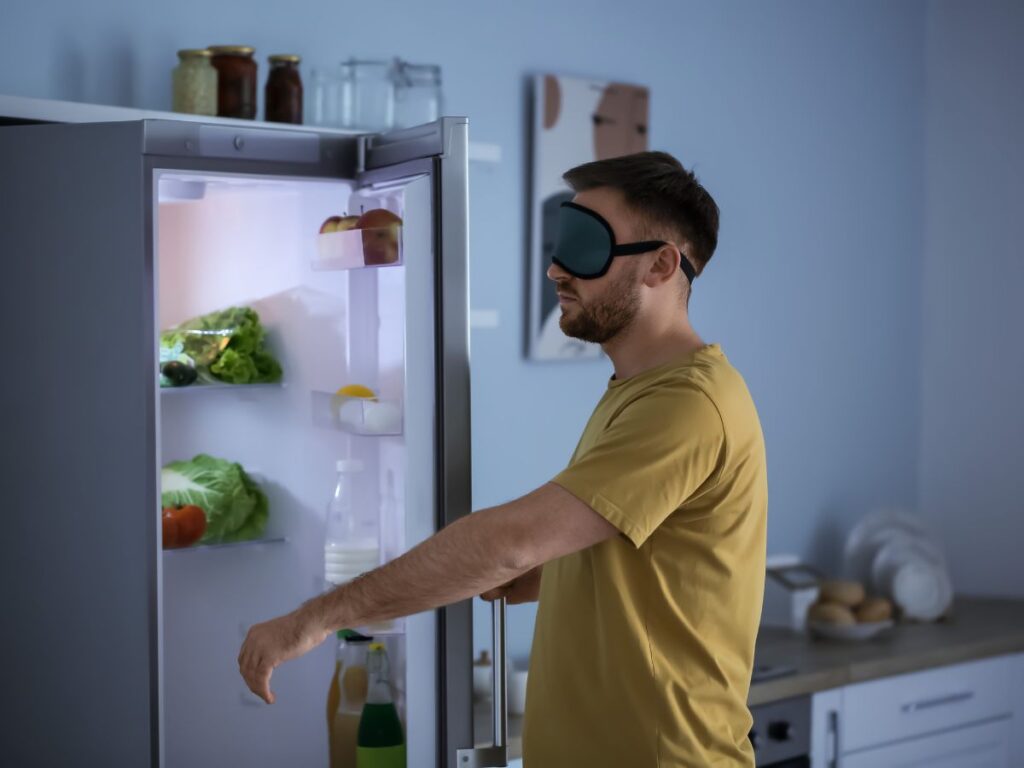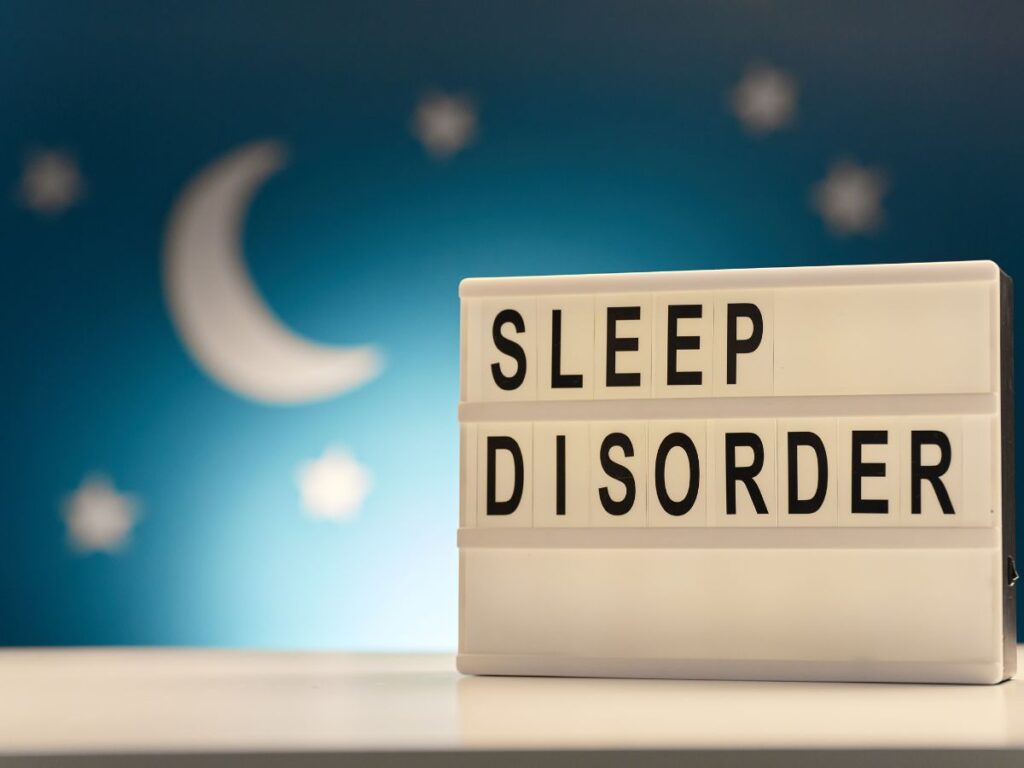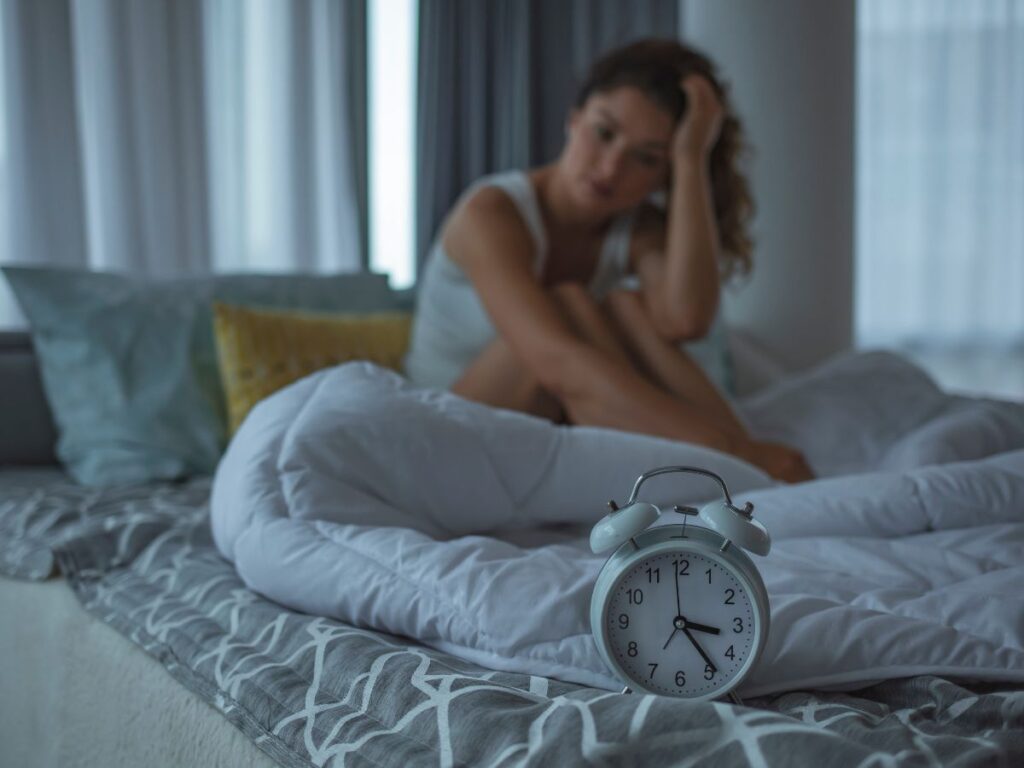Is Sexsomnia a Mental Illness?
Sexsomnia, also known as sleep related sexual behavior. It was recently added to the DSM-5, or Diagnostic Statistical Manual of Mental Disorders, which lists the most recognized mental illness disorders in which individuals exhibit sexual symptoms, often having sex during sleep.
Behaviors such as moaning, body thrusting, and self-pleasure have been described with the condition.

What are the Symptoms of Sexsomnia:
Sexsomnia is different from sex dreams Sexually themed dreams are not uncommon for teenagers and adults. These are quite different from the mental illness. A person with this disorder may not realize that their parents, roommates, or friends are the first to notice the behaviors. It does not bring to his attention the disease
Sexsomnia often causes self-touching or sexual acts, but it can also cause a person to unknowingly become sexually intimate with others. Common symptoms include heavy breathing and an elevated heart rate with someone else.
Foreplay, spontaneous orgasm, no memory or recollection of sexual events, blank or glassy stares during the events, including inability or difficulty responding to the external environment during the events.

According to studies, following are the symptoms:
Sexual Behaviors:
A person with sexsomnia may engage in various sexual activities while sleep, such as fondling, masturbation, or even sexual assault.
Partial or Complete Amnesia:
Many individuals with sexsomnia have little to no recollection of the events that occurred during their sleep-related sexual behaviors.
Feeling Embarrassed or or Shame:
After waking up and becoming aware of their actions, individuals with sexsomnia may experience embarrassment, shame, or distress.

What Causes Sexsomnia Mental Illness?
Many parasomnias, including sexsomnias, are poorly understood, so experts aren’t exactly sure what causes them. There are clearly certain risk factors that make some people more likely to develop sexsomnias than others. are
Many of these behaviors during sleep are secondary to other sleep disorders such as sleep apnea or obstructive sleep apnea. According to studies, following are the causes has been recorded:
Disruption of Sleep Stages:
Sexsomnia often occurs during non-REM (rapid eye movement) sleep, particularly during the transition between sleep stages. Disruptions in the normal sleep cycle can contribute to the manifestation of sexsomnia.
Genetic Factors:
Some studies suggest that there may be a genetic predisposition to sexsomnia. Individuals with a family history of parasomnias or sleep disorders may be more susceptible.
Sleep Deprivation:
Lack of sufficient sleep or irregular sleep patterns can increase the likelihood of experiencing parasomnias, including sexsomnia.
Stress and Anxiety:
Emotional stress and anxiety can contribute to sleep disturbances and may trigger sexsomnia in susceptible individuals.
Other Sleep Disorders:
Sexsomnia may coexist with other sleep disorders, such as sleepwalking or night terrors.
Sexual Sleep
Sexsomnia, also known as sleep sex, is a distinct form of parasomnia, or abnormal activity that occurs while a person is asleep. It is characterized by a person engaging in sexual activity during sleep.
What you may not be aware of is sleep sex or sexsomnia, instead of talking to anyone about this condition, visit a consultant for safe advice.
These are a type of mental illness parasomnias. Sufferers experience sexual behavior related to this sleep disorder, ranging from masturbation to sexual intercourse.

Are Men More Affected by This Mental Illness Than Women?
There also seems to be a genetic component to sleep parasomnias that usually runs in families. Drug and alcohol use are other risk factors for sex.
According to data from Toronto Western Hospital, men are more likely than women to have sleep sex, although both can be affected. Sexsomnia may be a more common disorder than people realize.
How Can Sexsomnia Mental Illness Be Helped?
There are currently no FDA-approved drugs to treat sexsomnia, but doctors have had success using some common medications and off-label antidepressants to treat the condition, Rosenberg says. If tried, we’ll monitor the patient closely for a few months to make sure they’re working
Another important approach to treating sexsomnia is to create a safe environment for people with the condition, including sleeping in a separate bedroom with the door closed or even waking people up and letting them know what’s going on. This may include installing alarms on doors
Treatment
Anti-anxiety and antidepressant medications can be very effective in reducing sexsomnia, but none of these drugs can be taken with narcotic drugs, meaning that people with sexsomnia are especially vulnerable when taking narcotic drugs. But there is a risk because it may increase the chances of sexsomnia and they are not able to take medicine to reduce it.
Relationship Counselling
Due to the nature of sexsomnia mental illness, it can cause difficulties in relationships if the behavior is self-motivated, partners may be disturbed by it or worry that it is unsatisfying within the relationship. If the behavior is triggering sex, partners can understandably feel scared or violated, and working with a psychologist or counsellor can help.

Conclusion:
In summary, formally classified as a sleep disorder rather than a mental illness, insomnia is included in the DSM-5. People who suffer from sexsomnia partake in sexual activities while they are asleep, such as masturbating or having sex. Partial or total forgetfulness and feelings of embarrassment or shame upon waking are the symptoms.
The exact causes of sexsomnia remain unknown, however potential contributing factors include genetic susceptibility, sleep deprivation, stress, co-occurring sleep disorders, and disturbances in sleep stages. Men and women are affected by sleep sex, which may have a genetic component.
Antidepressants are among the medications that can be helpful, despite the fact that there are no FDA-approved treatments for the condition. Another critical component of treatment is setting up a safe sleeping environment, such as having separate beds or employing alarms. But it’s advisable to use caution when taking medications that may interact, particularly narcotics.
It’s also advised to get relationship counseling to address how sexsomnia affects relationships. A psychologist or counselor can offer assistance and guidance in managing the obstacles connected with this sleep disorder. Partners may encounter difficulties and anxieties. In general, getting expert assistance is crucial for accurate diagnosis and customized management plans for those with sexsomnia.


